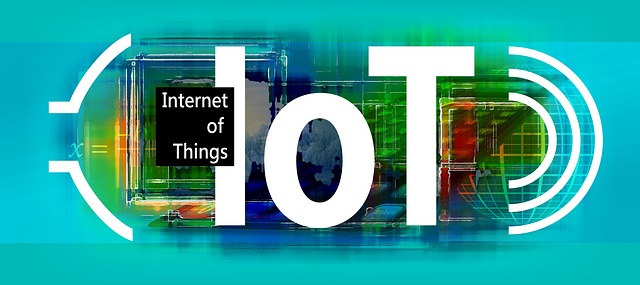“The Internet of Things and Why Retail Businesses Need to Pay Attention To It”

It’s pretty obvious that we’re getting more connected to the internet as time passes. And the internet of things (IoT) continues to move forward. By the end of last year alone (the data isn’t in for this year yet), there were an estimated 2.8 billion devices connected to the internet. According to Gartner, an international research firm, there will be an estimated 25 billion “smart” devices connected to the internet. Some pundits claim there will be up to 50 billion devices connected in the next five years.
Gartner predicts that there will be 250 million connected cars by the end of 2020. This is just one area of how internet of things is impacting our lives . Smart devices that are connected include everything from toasters to heart monitors to security systems—and just about everything between.
How does this affect retail businesses? Because the internet of things makes a lot of things more convenient for consumers, retail businesses should particularly pay attention to this trend. According to The Enterprise Guide to Global Ecommerce, it’s expected that e-commerce will grow from $1.3 trillion in online sales in 2014 to 4.5 trillion in 2021. That’s a threefold increase in online sales.
People are finding the convenience and ease of online shopping to be preferable to crowded malls, long wait lines at holidays and with returns being easy to do. Below are 3 benefits of how the IoT can help retailers.
1. Automated checkout. These are already in use and some retailers are using creative ways to allow shoppers to get their items and bill them after they walk out of the store with them.
2. Robots. Target is testing out the use of robots to stock shelves and scan product barcodes to find misplaced items, among other things.
3. Beacons. These are small bluetooth devices that can send discounts, invitations to events and other messages to people who have apps installed on their smartphones.
4. Ecommerce. Savvy retailers are getting onboard with ecommerce websites to sell their products. Some are moving to Amazon (who currently owns 60% of the online retail market) to get in on the ecommerce side of things. This is a good first step but you’re at the mercy of their platform and their rules. It’s better to set up your own ecommerce site and focus on driving your own customers to it. The advantages are that you can expand your inventory you normally wouldn’t have room for at your physical store and reach a wider audience in which to sell to.
For retail businesses the internet of things will dramatically change how consumers both shop and purchase goods. It would be prudent to set up an ecommerce business as a first step. Currently online shopping comprises approximately 15% of total retail sales with that number expected to increase in the coming years. Shoppers want convenience, ease of purchasing and returns. Retail business owners want to expand their reach to new customers and cut costs through automation. The internet of things makes this all possible.
